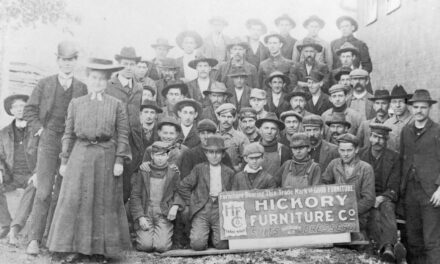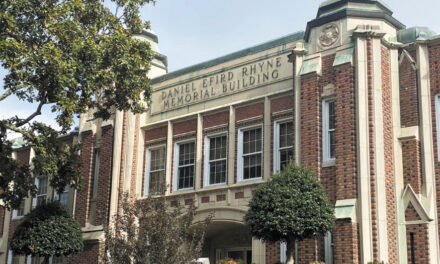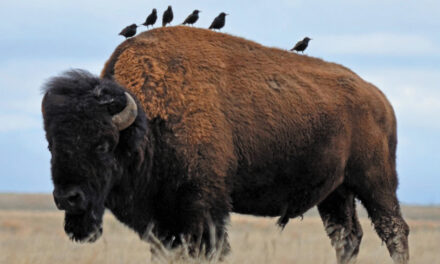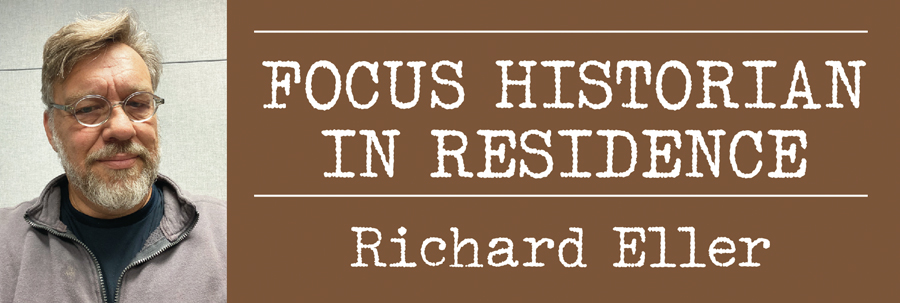
Last week I start down the path of the dirty word. Profanity ain’t what it used to be. “Gadzooks” sounds so foreign as to elicit a laugh if blurted out. Actually, the term means “God’s hooks” as in you should be hoisted upon them. Over time it has lost all of its power.
So have a lot of other words. Most of them need an explanation to be understood. Have you ever been “arfarfan’art?” That’s a complicated 19th century word for drunk. Those Victorians had some coded language. If you were someone’s “chuckaboo” that’s a good thing, meaning that you were their best friend. But if you “got the orbs” that’s bad. It meant you were suffering from melancholia, which itself might need some explaining. Depression.
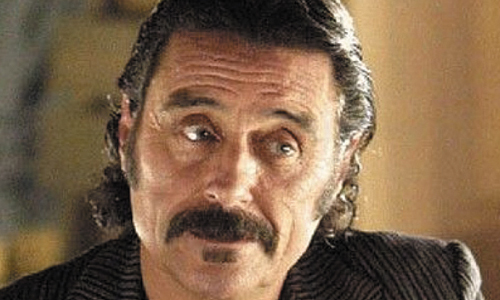
Ian McShane as the central figure of Deadwood. His lead role of Al Swearengen set the pace in the series for everything, including language. His likeness to Frank Zappa is coincidental.
We humans always seem to find a euphemism that says what we want to say, by avoiding directly saying it. Confused? An example. If you are smiling too much and/or are speaking profanely, I could accuse you of being a “gigglemug” and of “airin’ the lungs.” In neither am I directly accusing you of anything but in both, if you know the lingo, you understand my meaning. It’s slang, same as no one says directly they are going to the toilet. Instead they are using the rest room. Sounds nicer somehow.
In the American West, phrases were used like that all the time to convey a thought or concept. If you were “Chicagoed” it meant you were overwhelmingly defeated. Warning: Bears, Bulls, Blackhawks, White Sox and Cubs fans might hate the use of that term. They might get so mad that they are “wake snakes” which means to be out of control. However, using such terminology might allow you to “make a mash” (trying to impress someone). If you pull off a resounding success with your remark, that would be a “lally-cooler,” that is if you have enough “sand,” meaning courage to say it.
Probably the most intense use of the profane came almost 20 years ago when writer David Milch (his new memoir is called Life’s Work) delivered an attempt to show us just how gritty life in a mining camp could be with the Deadwood series. Miners, gamblers, hookers (another euphemism), even business people and civil servants liberally cussed to present a tough demeanor and gain respect. In three seasons, one word clocked in at 2,980 times spoken, although it was likely not said much back in 1876, the year in which the series begins. Milch opted to use what we politely call the “f-bomb” to assault the sensibilities of modern viewers, just like other obsolete words did back in the day. It worked. Still, people who engage the series either love it or hate it for the use of that word, and plenty of others peppered throughout the “Shakespearean” dialogue used to capture just how high and low born the language was in those days.
In Milch’s book, he made an important point about the words he used. He wrote, “the obscenity is not indiscriminate. It’s calibrated according to the given personality and the given environment. The obscenity is meant to do a lot of different things.” Among those things he said is to show how in using “iambic pentameter” (an Elizabethan way of speaking) they, “honor a divine presence,” ironically making the profane an instrument of the Almighty. Weird, eh?
After one character spouts off a stream of expletives, he thanks the others in the scene for allowing him “his full range of expression.” It seems that at time goes on, we need the same kind of outlet.



